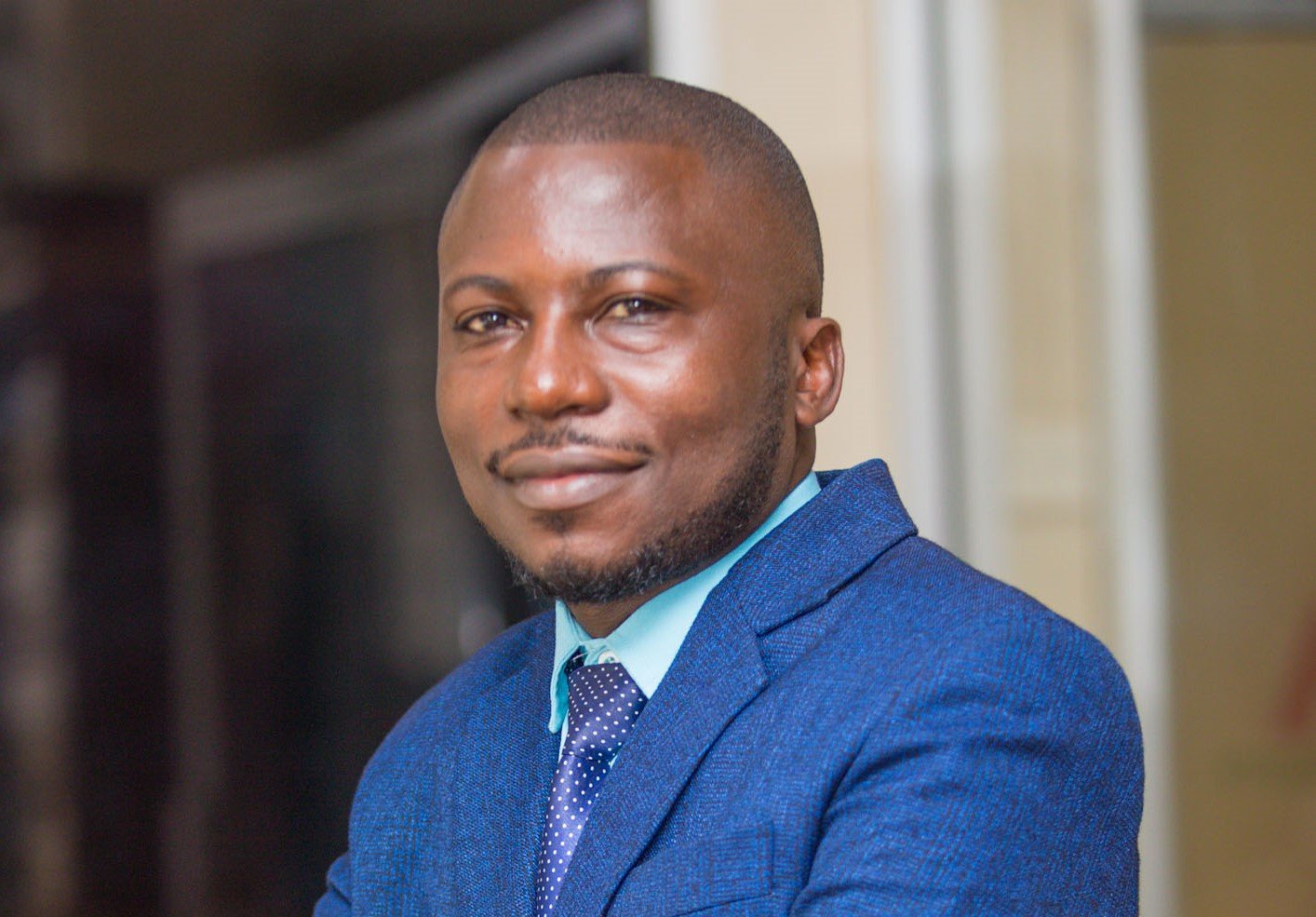
Author: Timothy Kalyegira.PHOTO/FILE
On October 3, 1962, a new drama series titled The Eleventh Hour began airing on the NBC television network in the United States.
The series aired for two years until 1964.The series was based on the psychiatric branch of medicine and it took viewers into the lives and minds of an array of characters with emotional or mental disorders.
In Episode 1 of Season 1, Ann Costigan, who was accused of murdering her husband, is sent to a psychiatrist called Dr Bassett to assess her suitability for trial after she claimed insanity as her defence.
In Episode 5 of Season 1, a mentally retarded teenager is examined by Dr Bassett and a colleague, Dr Paul Graham, to determine if he needs to be admitted to a psychiatric hospital. Although the psychiatrists and the judge presiding over the boy’s case find him mentally okay, his neighbours insist he has a serious mental problem.
In Episode 15, Season 1, a young girl appears at Dr Graham's office, claiming she has been abandoned by her family but as she talks, she shows every sign of the delusional thought pattern associated with schizophrenia.
On and on the series went, captivating audiences with its grim and disturbing subject matter. In the 1970s, Uganda’s State broadcaster UTV started airing The Eleventh Hour and many primary school children and teenagers, especially girls, became hooked on the series and often discussed the series at Kampala’s elite schools like Nakasero Primary School, King’s College Budo, Kitante Primary School, Gayaza High School, and Norman Godhino Primary School (later renamed Buganda Road Primary School).I’ve brought up this American television series partly because, of course, the week after it started airing on the NBC network, a British dependency in East Africa called the Uganda Protectorate, formally became an independent country, on October 9, 1962.
However, looking back at October 1962 both from the point of view of this new American television series and the fact of Uganda’s independence to speculate if the two might be more related than it appears, it is the tendency of the news media, academia, the political class, and popular culture to view countries’ histories mainly through the lenses of political events and political leaders and actors.
My belief, becoming ever more entrenched over the past few years, is that it would have helped us enormously had we started from day one in 1962 to also examine Uganda and other African countries through the lens of psychiatric medicine.
Much of what goes on in our societies is approached from the starting point of the economy and political expression.
It is assumed that the primary challenge is poverty and how to eradicate or alleviate it, and the essence of the political process and contestation is about resource allocation.
What if the root of our societal challenges, in a chicken-and-egg sense, is psychiatric or has strong mental health underpinnings?Psychiatry as a branch of medical science that deals with disorders of the mind is Western European in origin, having been founded in Austria in the early 20th Century and spread to the United States. It was they who first developed a systematic classification of abnormal or perverted behaviour and its treatment.
In Africa, bizarre behaviour is usually explained in terms of demon possession or, much more commonly, witchcraft.
In the late 1970s, the commanding officer of the Uganda Army’s elite Malire Mechanised Regiment, Lt Col Juma Ali Rokoni, was a man who never smiled and always seemed to be angry. His erratic behaviour and aggressiveness earned him the nickname among Kampala residents of Juma “Butabika”. He came across as mentally disturbed.
What if he truly was mad in a clinical sense?Many Uganda Army officers from the 1960s right through the Uganda National Liberation Front (UNLA) in the 1980s and the Uganda Peoples’ Defence Forces (UPDF) today exhibit Lt Col Juma Rokoni’s traits. Among them, we had Maj Gen Kasirye Gwanga, Col Anthony Bazalaki, Lt Gen Bazillio Okello, Maj Peter Bayingana, and president Idi Amin himself.
There are many serving and retired army officers today who exhibit these traits of erratic behaviour, extreme risk-taking, fighting or used to fight in bars, pulling guns at civilians, coup-plotting, excessive drinking, extreme arrogance, and various bizarre traits but to avoid the legal risk of naming them, I won’t.
The late National Resistance Army (NRA) officer, Lt Frank Guma, once remarked to me, around 1994 or 1995, that he along with other Front for National Salvation (Fronasa) guerrillas based in Tanzania in the 1970s were “mad”, referring to some of the things they did as guerrillas.
Because of his erratic policies and statements and the reported atrocities during the 1970s, Idi Amin is the only Ugandan head of State to be viewed in psychiatric terms by the Western media.
How about the others? How about Ugandan society in general? Questionable street preachers and cultic churches. Land-grabbers. The erratic, narcissistic, and rude content on social media platforms. Abnormal levels of corruption by public officials who already have more money than they or their children will ever need in their lifetime. The waste of public funds and resources.
The worship of money and materialism by younger women. Alcoholism. Cruelty toward children by their own parents and guardians. The chaotic traffic scenes on Ugandan roads.
All these and many more are clear manifestations of psychiatric and emotional disorders but few there are who see them in those terms.
Now that I have undertaken an extensive study of psychiatry, the past 62 years of Uganda’s independence look very different and it has given me a much richer understanding of our society than the familiar political and economic parameters ever have.
Behind much of what goes on in public life in our countries is a set of personality and mental disorders, unexamined, untreated, and unappreciated for the seriousness of their consequences on public resources, laws, and funds.





